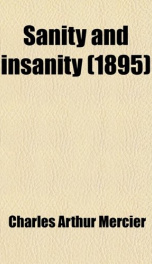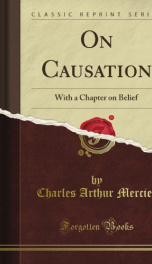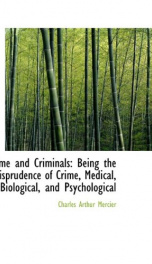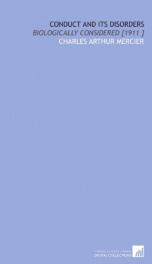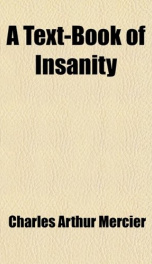a new logic
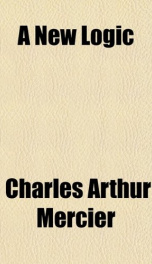
Purchase of this book includes free trial access to www.million-books.com where you can read more than a million books for free. This is an OCR edition with typos. Excerpt from book: INTRODUCTION THE PROVINCE OF LOGIC It is scarcely too much to say that, of the innumerable writers on Logic, no two are agreed on what its subject-matter is, what its limits are, or even whether it is a Science or an Art. Aldrich regards it as the Art of Reasoning; Mansel, as the Science of Formal Reasoning; Whately, as the Art and Science of Reasoning; the Post Royal logicians, as the Science of the operations of the understanding in the pursuit of Truth ; Hamilton, as the Science of the Necessary Laws of Thought; Mill, as the Art of Correct Thinking, and the Science of the conditions of Correct Thinking; Bain, as a Theoretical or abstract Science, the Practical Science of Proof, and a body of Method auxiliary to the search for Truth. Of recent writers on Deductive Logic, Prof. Carveth Read calls it the Science of Proof; Mr. Welton, the Science of the Principles that regulate valid thought; and Dr. Mellone says that it deals with the principles that regulate valid thought, and on which the validity of thought depends. Logicians of the Modern School do not formally define the scope or province of Logic. Mr. Bosanquet does say incidentally, in his second volume, that ' Logic is little more than an account of the forms and modes in which a universal does or does not affect the differences through which it persists,' but I find no other indication of the province of Logic. Logicians are not agreed even about the subject-matter of Logic. Some say it is concerned with Propositions; others that it treats of Concepts ; yet others that its subject is Real Existence. Some say that Logic is concerned with the process only of thought, and is regardless of results; others that it looks to results only, and is regardless of processes. In spite of this immense diversity of opinion as t...
Info about the book
Author:
Series:
Unknown
ISBN:
1594860831
Rating:
4.5/5 (3)Your rating:
0/5
Languge:
English
Users who have this book
Users who want this book
What readers are saying
What do you think? Write your own comment on this book!
write a commentGenre
if you like a new logic try:
Do you want to exchange books? It’s EASY!
Get registered and find other users who want to give their favourite books to good hands!

